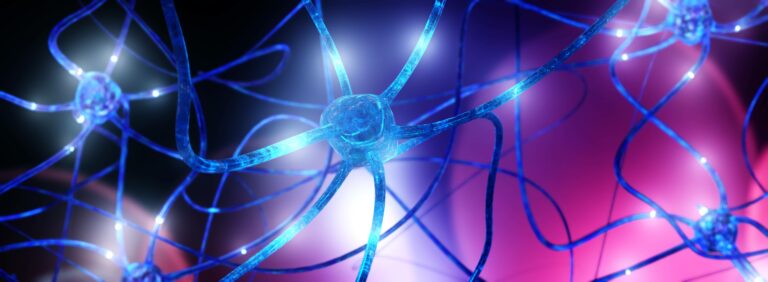As we grow older, it is natural for our bodies and minds to go through changes. While some memory loss is a normal part of aging, it is important to be aware of the early signs of dementia in elderly individuals. Dementia is a term used to describe a group of symptoms that affect brain function, including memory, thinking, and communication. It is a progressive condition that can greatly impact an individual’s daily life and their ability to function independently. In this article, we will explore the early signs of dementia in elderly individuals and the importance of early detection.
Memory Loss
One of the most common early signs of dementia is memory loss, especially short-term memory loss. This can manifest in forgetting recent events or conversations, misplacing items or not being able to remember important details. While occasional forgetfulness is normal, frequent memory lapses can be a cause for concern. For example, an individual with dementia may forget where they placed their keys or forget a loved one’s name.
Difficulty with Routine Tasks
Another early sign of dementia is difficulty in completing routine tasks that were once easy for the individual. This can include activities such as dressing, cooking, or paying bills. They may struggle with following instructions or completing tasks in the correct order. For instance, an individual with dementia may forget how to use household appliances or get confused while cooking a familiar recipe.
Changes in Mood and Behavior
Dementia can also cause changes in mood and behavior. Some individuals may become withdrawn or uninterested in activities they used to enjoy. They may also experience mood swings or exhibit inappropriate behavior. It is not uncommon for individuals with dementia to become irritable, agitated, or even aggressive. These changes can be challenging for both the individual and their loved ones.
Difficulty with Communication
As dementia progresses, elderly individuals may have problems with communication. They may struggle to find the right words or repeat themselves frequently. They may also have difficulty following a conversation or understanding what others are saying. This can lead to frustration and social isolation for the individual.
Confusion and Disorientation
Another early sign of dementia is confusion and disorientation. Individuals may get lost in familiar places or have difficulty remembering important dates or events. They may also have trouble following directions or understanding the passage of time. Confusion and disorientation can greatly impact an individual’s daily life and their safety.
Importance of Early Detection
Early detection of dementia is crucial for managing the condition and improving the quality of life for the individual. While there is currently no cure for dementia, early diagnosis allows individuals to receive appropriate treatment and support. It also gives them the opportunity to plan for the future and make important decisions about their care. Additionally, early detection can help delay the progression of symptoms and maintain cognitive function for a longer period.
When to Seek Help
If you notice any of these early signs of dementia in an elderly loved one, it is important to seek medical advice. While it may be difficult to bring up the topic, it is essential to have an open and honest conversation with your loved one about your concerns. A doctor can conduct a thorough evaluation and determine if further testing is necessary. They can also provide support and guidance for managing the condition.
In conclusion, being aware of the early signs of dementia in elderly individuals can help with early detection and management of the condition. Memory loss, difficulty with routine tasks, changes in mood and behavior, difficulty with communication, confusion, and disorientation are all potential warning signs. If you notice any of these symptoms in yourself or a loved one, do not hesitate to seek medical advice. Remember, early detection can greatly improve the quality of life for those living with dementia.





